
Find Help
More Items From Ergsy search
-

What should I do if I experience severe pain or bleeding after the test?
Relevance: 100%
-
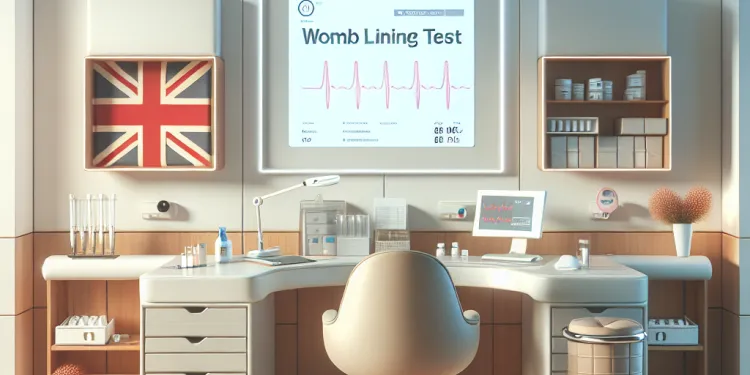
Is the womb lining test painful?
Relevance: 59%
-
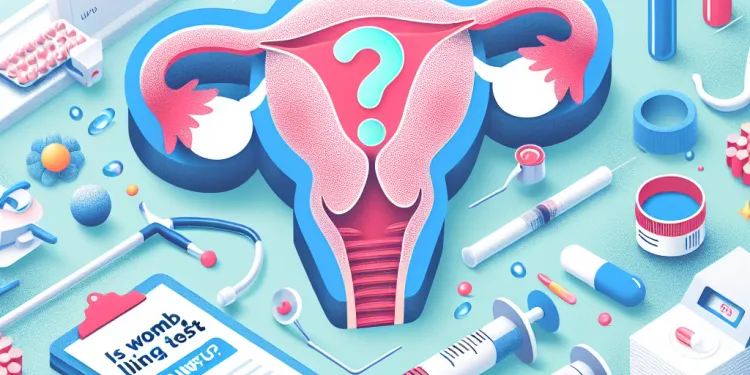
Is a womb lining test painful?
Relevance: 56%
-
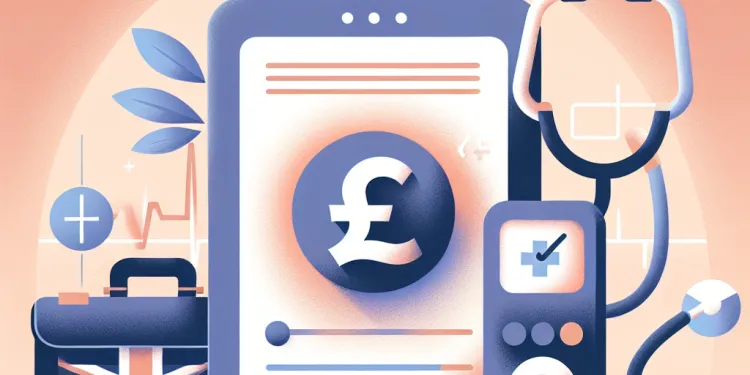
What happens after a womb lining test?
Relevance: 54%
-

Bleeding from the bottom rectal bleeding
Relevance: 52%
-
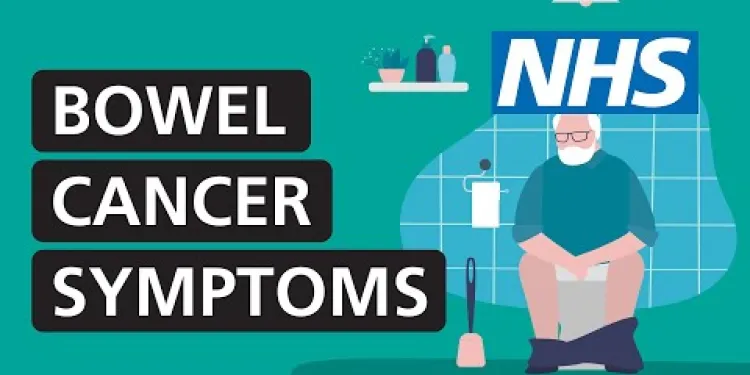
Bleeding from the bottom rectal bleeding
Relevance: 51%
-
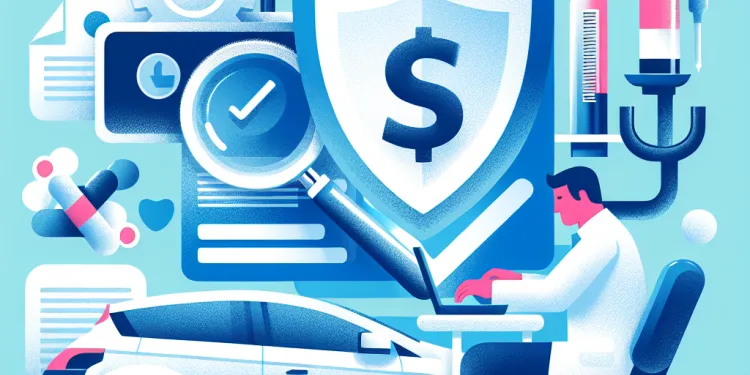
Can I drive after the womb lining test?
Relevance: 48%
-
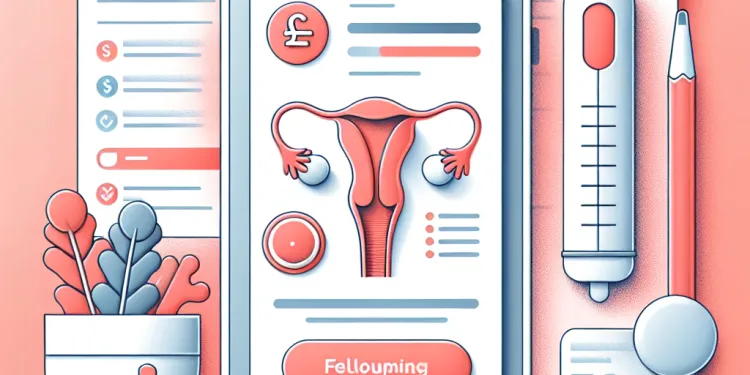
Is there any follow-up required after a womb lining test?
Relevance: 45%
-
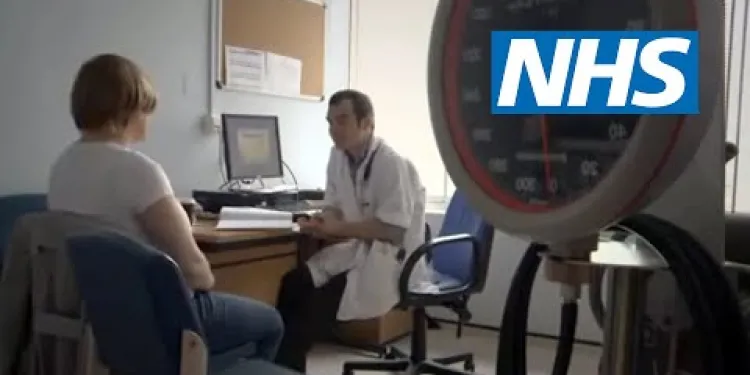
What should I do if I start bleeding during early pregnancy? | NHS
Relevance: 44%
-
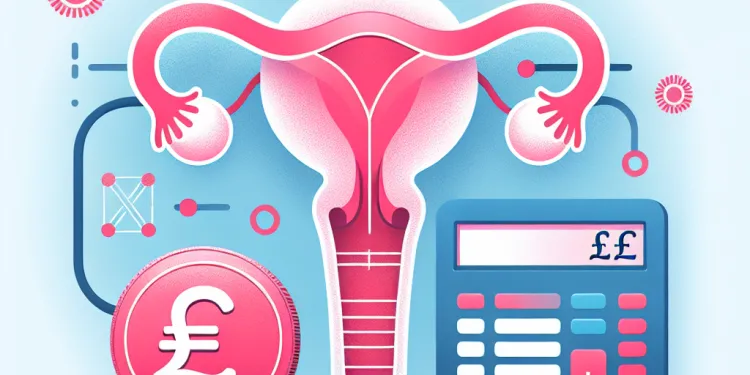
What is the Womb Lining test?
Relevance: 43%
-

Is a colonoscopy necessary after a positive home test?
Relevance: 41%
-
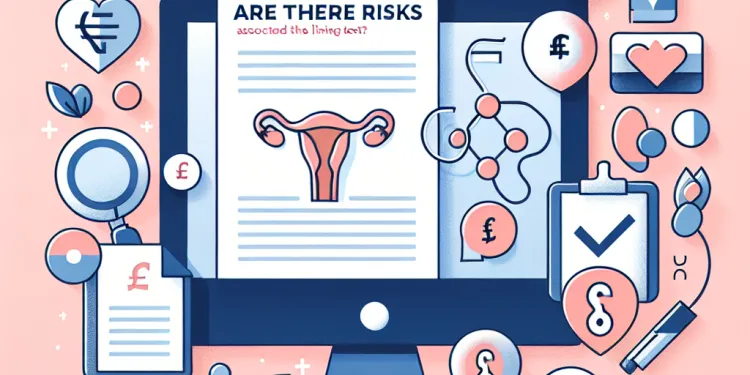
Are there any risks associated with the womb lining test?
Relevance: 41%
-

Heavy periods (heavy menstrual bleeding)
Relevance: 41%
-

Are there risks associated with a womb lining test?
Relevance: 40%
-
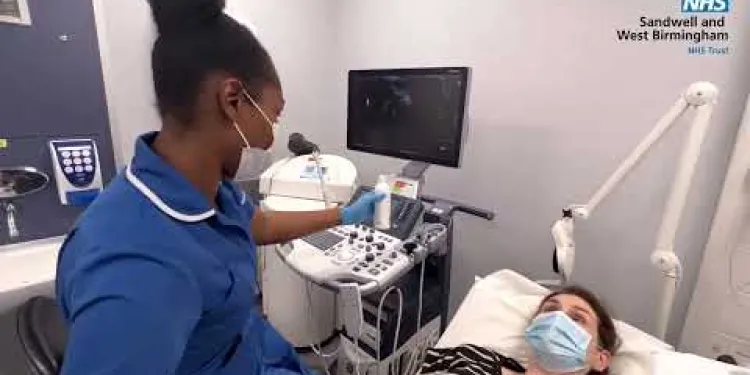
Post Menopausal Bleeding Clinic | A Guide to What Happens at An Appointment
Relevance: 39%
-
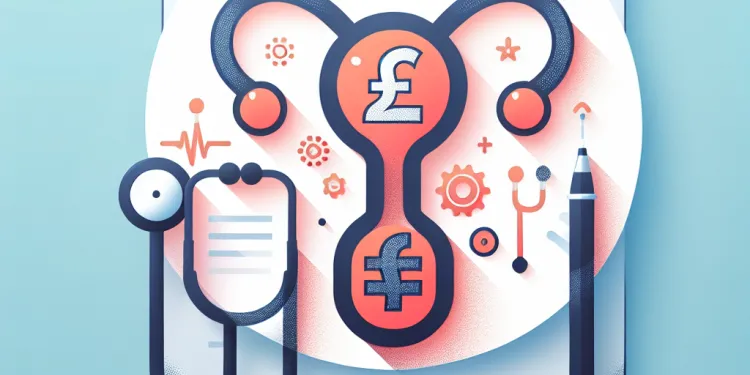
How is a womb lining test conducted?
Relevance: 39%
-

How can I manage pain after a C-section?
Relevance: 39%
-
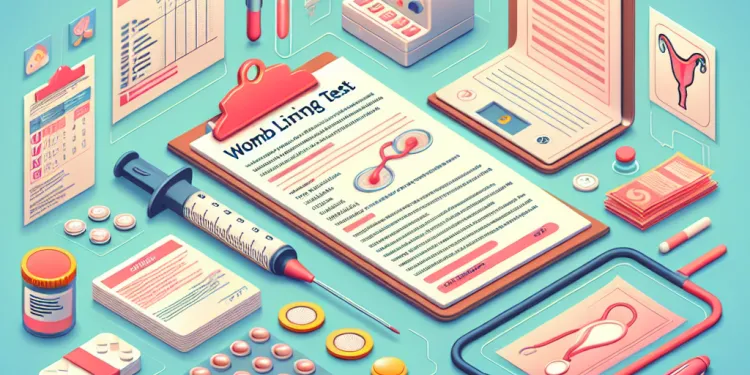
How should I prepare for a womb lining test?
Relevance: 37%
-

How is the womb lining test performed?
Relevance: 37%
-
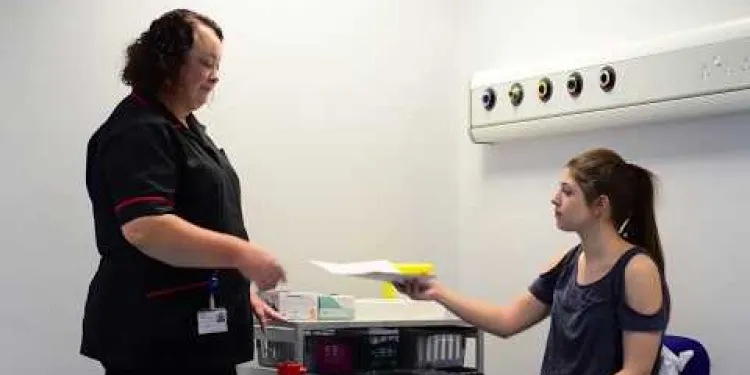
Having a blood test
Relevance: 36%
-
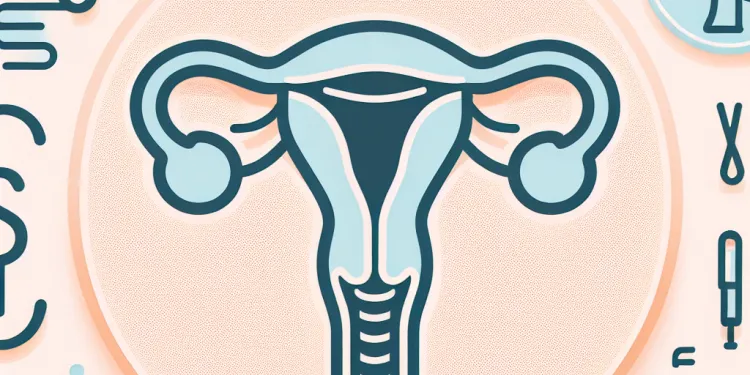
Does the womb lining test require any special preparation?
Relevance: 35%
-
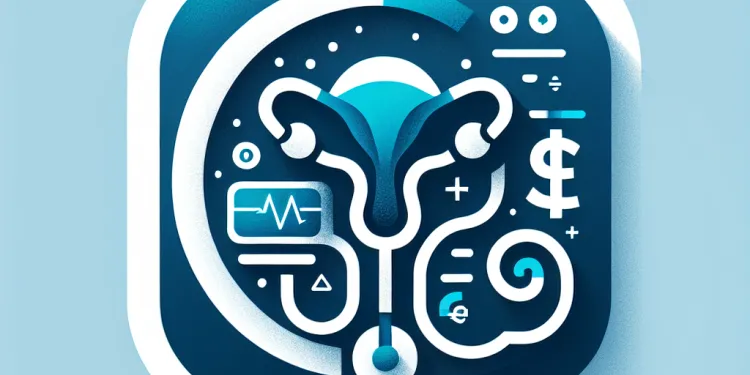
Is the womb lining test covered by the NHS?
Relevance: 35%
-

What is the womb lining test?
Relevance: 35%
-

Can I use Ibuprofen for menstrual pain?
Relevance: 34%
-

Is a facelift painful?
Relevance: 34%
-
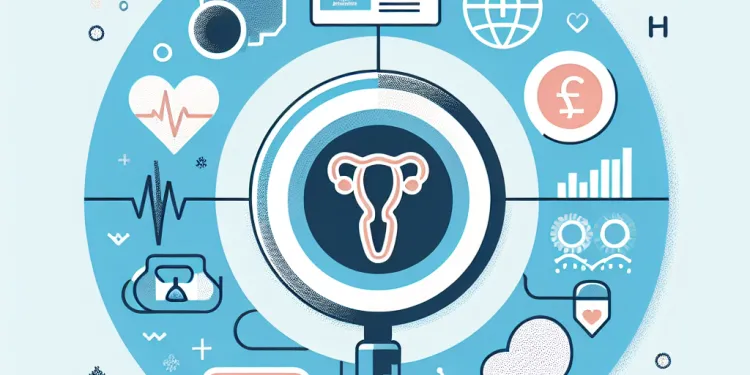
Is the womb lining test covered by the NHS?
Relevance: 33%
-
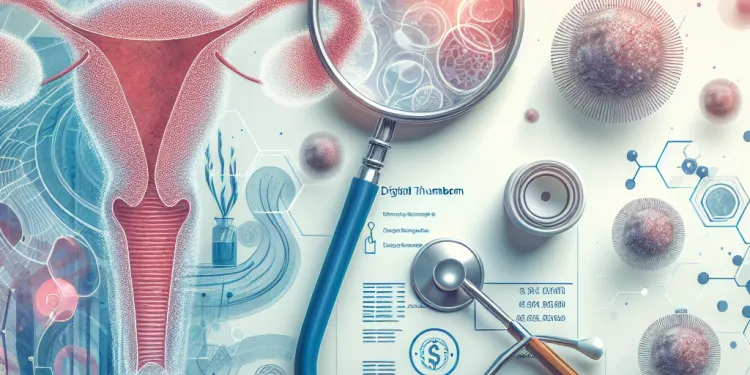
Why is a womb lining test performed?
Relevance: 31%
-
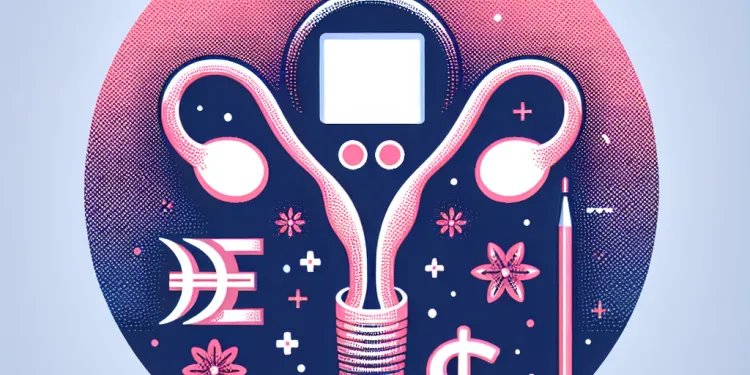
Can a womb lining test detect cancer?
Relevance: 31%
-
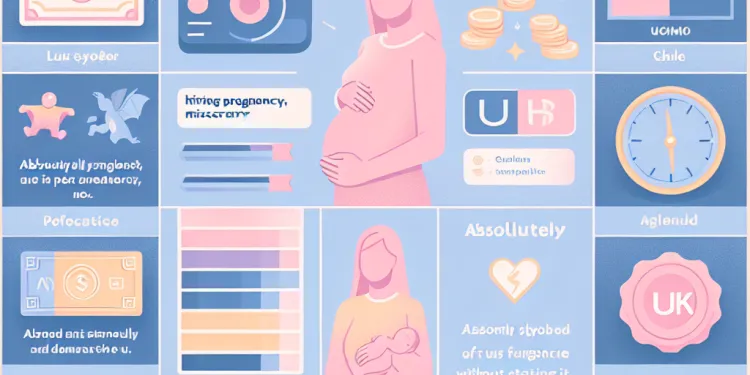
Can a pregnancy test detect a miscarriage?
Relevance: 31%
-
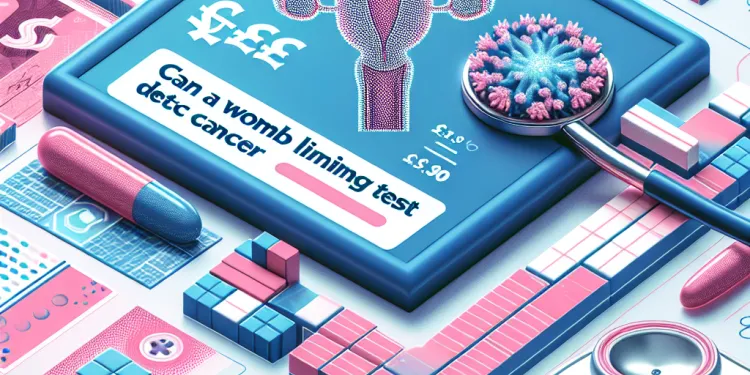
Can a womb lining test detect cancer?
Relevance: 31%
-

What is a fecal occult blood test?
Relevance: 31%
-

Why might someone need a womb lining test?
Relevance: 30%
-

What should be done if severe side effects occur?
Relevance: 30%
-

Is a mammogram painful?
Relevance: 30%
-
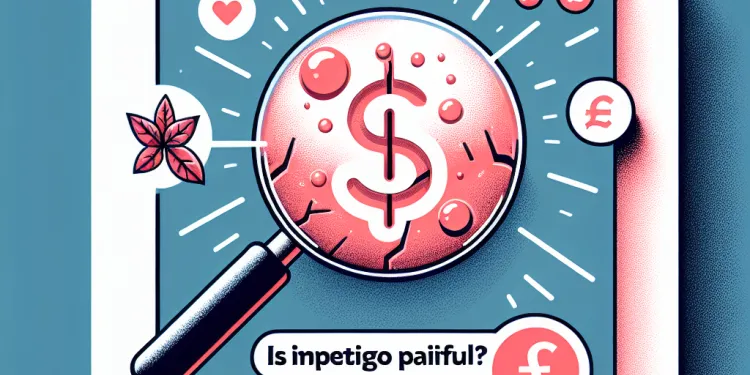
Is impetigo painful?
Relevance: 29%
-
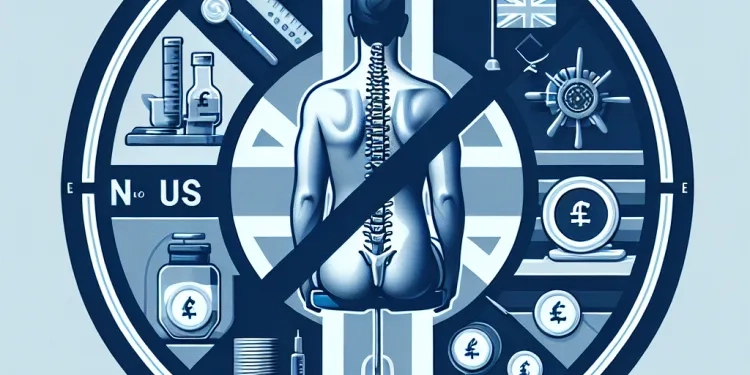
Are chiropractic treatments painful?
Relevance: 29%
-

What should someone from the UK do if they think they have Zika virus after traveling?
Relevance: 29%
-

Advice on neck pain and whiplash
Relevance: 28%
-

Shoulder subacromial shoulder pain
Relevance: 28%
-

What if my pregnancy test is negative and I still think I'm pregnant?
Relevance: 28%
What to Do if You Experience Severe Pain or Bleeding After a Test
Seek Immediate Medical Attention
If you experience severe pain or heavy bleeding after a medical test, it is crucial to seek immediate medical assistance. In the UK, this typically involves contacting your GP, local hospital, or calling NHS 111 for advice. Severe symptoms could indicate complications that require urgent evaluation.Understand Potential Causes
Severe pain or bleeding after a test can arise from various factors, including an allergic reaction, infection, or trauma from the procedure. Understanding these possibilities helps you communicate effectively with healthcare providers and emphasize the urgency, especially if your symptoms are worsening.Follow Post-Test Instructions
After any procedure, you should be given specific aftercare instructions. Adhering to these guidelines is essential to reduce the risk of complications. If pain or bleeding occurs despite following instructions, that further highlights the need to contact a medical professional.Document Your Symptoms
Keep a record of your symptoms, including their severity, duration, any triggers, and additional symptoms like fever or dizziness. This documentation will be valuable to healthcare professionals when diagnosing and managing your condition.Consider Rest and Pain Relief
While waiting for medical assistance, it may be advisable to rest and manage pain with over-the-counter medications like paracetamol. However, avoid taking any medication without consulting a healthcare provider, especially if you are on other medications or have underlying health conditions.Stay Calm and Seek Support
Dealing with severe pain or bleeding can be distressing. Try to stay calm and seek emotional or physical support from friends or family members. Having someone with you can provide comfort and ensure another layer of safety should your condition suddenly worsen.Prevent Future Complications
Discuss with your doctor any preventive measures for future procedures. Understanding potential risks and being prepared minimizes the chance of experiencing similar complications again. Adjusting your care plan to accommodate these concerns is a proactive step forward. It is essential to remember that while minor discomfort might be expected after some procedures, severe pain or bleeding should not be ignored and warrants prompt medical evaluation. Your health and safety should always come first.What to Do if You Have Bad Pain or Bleeding After a Test
Get Medical Help Right Away
If you have bad pain or lots of bleeding after a medical test, get help fast. In the UK, you can call your doctor, go to a hospital, or phone NHS 111 for help. Bad pain or bleeding can mean something is wrong, and a doctor needs to check you quickly.Know Why It Might Happen
Bad pain or bleeding can happen for different reasons, like being allergic to something, getting an infection, or getting hurt during the test. Knowing these reasons can help you talk to the doctor about what you feel, especially if things are getting worse.Follow Instructions After the Test
After the test, you will get instructions on what to do next. Follow these steps to avoid problems. If you still have pain or bleeding after doing what the instructions say, tell a doctor as soon as you can.Write Down What You Feel
Keep a note of your pain and other symptoms. Write down how bad it is, how long it lasts, and if anything makes it better or worse. This can help the doctor understand and treat you better.Rest and Take Pain Medicine
While waiting for help, try to rest and take medicine like paracetamol for pain. But don’t take anything without checking with a doctor, especially if you are already taking other medicines or have health problems.Stay Calm and Ask for Help
Bad pain or bleeding can be scary. Try to stay calm and ask a friend or family member for help. Having someone with you can make you feel better and safer if things get worse.Stop Future Issues
Talk to your doctor about ways to avoid problems next time you have a test. Knowing the risks and getting ready can help stop the same issues from happening again. Making changes to your care plan can be a good idea. Remember that while some pain might be normal after a test, bad pain or lots of bleeding is not normal and means you should see a doctor. Taking care of your health is most important.Frequently Asked Questions
What should I do if I experience severe pain after the test?
If you experience severe pain after the test, you should contact your GP or the hospital where the test was conducted immediately. If it's out of hours, call NHS 111 for further advice.
Is severe bleeding after a test normal?
Severe bleeding after a test is not normal and requires urgent medical attention. You should seek help from your healthcare provider or go to the nearest A&E department.
Should I be concerned about minor pain after the test?
Minor pain can be a common side effect after many tests and procedures. However, if it turns severe, it is important to consult a healthcare professional.
What steps should I take if I notice heavy bleeding after the test?
Heavy bleeding after a test should not be ignored. Apply gentle pressure if possible, and contact emergency services or go to A&E for immediate evaluation.
Can I wait to seek medical advice if the pain isn't constant but occurs occasionally after the test?
If the pain is severe, even if it's not constant, you should seek medical advice promptly to rule out complications.
What contact information should I have ready in case of severe pain or bleeding after a test?
You should have your GP's contact information and details of the hospital where the test was conducted. Additionally, have NHS 111 emergency services information readily available.
Is it safe to take over-the-counter painkillers for severe pain after a test?
While over-the-counter painkillers can help with minor discomfort, they may not be suitable for severe pain. Always seek medical advice before taking any medication for severe symptoms.
What signs accompanying severe pain after the test indicate a need for immediate medical attention?
Signs like dizziness, fever, significant swelling, or difficulty breathing along with severe pain require immediate medical evaluation.
Are there any home remedies to alleviate severe pain after a test?
Home remedies aren't recommended for severe pain. It's best to consult a healthcare professional to address the underlying cause.
How can I prevent complications leading to severe pain or bleeding after a test?
Follow all pre-test and post-test instructions carefully, and report any unusual symptoms to your healthcare provider immediately.
Is it common to have anxiety about potential severe pain or bleeding after medical tests?
Yes, it's normal to feel anxious about potential complications. Discuss any concerns with your healthcare provider prior to the test to understand risks and management strategies.
What documentation from my test should I keep in case I experience severe symptoms after the procedure?
Keep a copy of your test results, discharge instructions, and any communication from your healthcare provider handy in case you need to discuss symptoms with a medical professional.
Who should I inform in my family or household if I start experiencing severe pain or bleeding after a test?
Inform a trusted family member or someone in your household immediately. They can assist you in seeking medical help and provide support.
What is the difference between normal post-test discomfort and severe pain that requires medical attention?
Normal post-test discomfort is usually mild and manageable. Severe pain is intense and persistent, often accompanied by other symptoms like heavy bleeding or dizziness, signaling the need for medical attention.
If I need to visit A&E due to severe post-test symptoms, what should I bring with me?
Bring any relevant medical documents related to the test, a list of current medications, and your NHS number if possible, to assist the healthcare professionals.
What if I have really bad pain after the test?
If you feel really bad pain after the test, tell someone. Ask an adult or a doctor for help.
Here are some things you can do:
- Tell a family member or friend. They can help you.
- Call a doctor or nurse to talk about your pain.
- Take deep breaths to help you feel calm.
- Use a heating pad or ice pack if it helps.
Remember, it is important to tell someone if you are in pain.
If you have really bad pain after the test, tell your doctor (GP) or the hospital right away. If it is night or the weekend, call NHS 111 to get help.
Is it normal to bleed a lot after a test?
If you are bleeding a lot after a test, this is not normal. You need to get help right away. Go see your doctor or go to the nearest A&E (Accident and Emergency) department.
Should I worry if I feel a little pain after the test?
It is normal to feel a little bit of pain after a test.
Here are some things you can do to help:
- Rest for a while.
- Put a warm cloth where it hurts.
- Tell someone if the pain doesn't stop.
If the pain gets worse, talk to a doctor or nurse.
Sometimes, you might feel a little bit of pain after a test or treatment. This is normal. But if the pain becomes very strong, it is important to talk to a doctor or nurse about it.
What to Do if You Bleed a Lot After the Test?
If you notice a lot of blood after your test, follow these steps:
1. Stay Calm: Take deep breaths and try to stay relaxed.
2. Press on the Area: Gently press a clean cloth or tissue on the spot that is bleeding.
3. Keep Pressure: Hold the cloth on the bleeding spot for a few minutes. Do not peek to check too soon.
4. Call for Help: Ask someone nearby for help if you feel worried or dizzy.
5. Contact a Doctor: Call your doctor or nurse right away and tell them about the bleeding.
Use Support: You can ask a friend or family member to help you if needed.
Remember, your doctor or nurse can tell you what to do next to make sure you are safe.
If you are bleeding a lot after a test, you should not ignore it. Press softly on the area if you can, and call for help or go to A&E (the emergency room) right away.
Should I see a doctor if the pain comes and goes after the test?
If you feel pain sometimes after the test, it is important to talk to a doctor. Don't wait too long. They can help you find out why it hurts and make you feel better.
Tips to help you:
- Write down when the pain starts and stops. This will help the doctor understand your pain.
- Ask a family member or friend to help you talk to the doctor.
- Use pictures or drawings to show where it hurts.
If the pain is very bad, even if it comes and goes, you should talk to a doctor soon. This will help make sure everything is okay.
Who should I call if I have bad pain or bleeding after a test?
You need to know how to contact your doctor and have the name of the hospital where you had the test. Also, keep the NHS 111 emergency number nearby.
Can I take store-bought medicine for bad pain after a test?
If you have really bad pain after a test, you might think about taking medicine you can buy from the store, like pain pills.
But make sure to talk to a grown-up or a doctor first.
It is important to know if it's okay for you.
Here are some helpful things you can do:
- Ask a doctor or nurse for advice.
- Read the label on the medicine box carefully.
- Have someone you trust help you understand what the label says.
Store-bought medicine can help with small aches and pains. They might not be good for really bad pain. Always ask a doctor before taking medicine for bad pain.
When should you see a doctor right away for bad pain?
If you have really bad pain after the test, look for these signs:
- You feel dizzy or like you might faint.
- You have trouble breathing.
- Your heart is beating too fast or too slow.
- You feel confused or very sleepy.
- You see swelling or redness where the test was done.
- You have a fever.
If you notice these signs, tell a grown-up or call a doctor right away.
It might help to use a magnifying glass to read or ask someone to read with you.
If you feel dizzy, have a fever, are very swollen, or find it hard to breathe, and it hurts a lot, see a doctor right away.
You can ask someone you trust for help. You can also try to calm down and take deep breaths if it feels safe.
Can I try anything at home to feel better when I'm in a lot of pain after a test?
If you have really bad pain, home fixes aren't a good idea. It's important to talk to a doctor to find out what's causing the pain.
How can I stop bad problems like pain or bleeding after a test?
Listen to instructions before and after your test carefully. If you feel any strange feelings or have unusual symptoms, tell your doctor or nurse right away.
Do people often worry about pain or bleeding after medical tests?
It's normal to feel a bit scared about having pain or bleeding after a medical test. Many people feel this way.
Here are some ways to feel better:
- Ask your doctor what might happen during and after the test.
- Tell someone you trust about your worries.
- Breathe slowly and think of something nice while having the test.
- Listen to music or hold a friend’s hand if you can.
It's OK to feel worried about things that might go wrong. Talk to your doctor before the test. They can help explain the risks and how to handle them.
What papers should I keep if I feel very sick after my test?
Keep a copy of your test results, doctor's instructions, and any notes from your healthcare provider nearby. This way, if you need to talk about symptoms with a doctor or nurse, you have all the information ready.
Who should I tell in my family if I have bad pain or bleeding after a test?
Tell someone you trust right away, like a family member or someone who lives with you. They can help you go to the doctor and give you support.
How can you tell if pain after a test is normal or if you need to see a doctor?
Sometimes you feel sore after a test. This is normal and usually gets better soon. But sometimes the pain can be very bad, and you might need to see a doctor.
Here are some tips to help you:
- If the pain is only a little or feels like a bruise, it is probably normal.
- If it hurts a lot or the pain does not go away, you should tell an adult or see a doctor.
- If there is swelling, redness, or you feel hot, you might need help.
You can use a timer to see if the pain gets better in an hour. If not, ask for help.
Remember, it's okay to ask someone for help if you are not sure.
After a test or a procedure, you might feel a little bit uncomfortable. This should not be too bad and is usually easy to handle. But if the pain is really strong and doesn't go away, and if you have other problems like a lot of bleeding or feeling dizzy, you need to see a doctor.
What should I bring to A&E if I feel very sick after a test?
If you feel very sick after a test and need to go to the hospital A&E, take these things with you:
- Your ID or something that shows who you are.
- Any paperwork or letters about the test you had.
- A list of any medicine you take.
- Your phone and charger to stay in touch.
- Something comfy, like a toy or book, to pass the time.
You can also ask someone to come with you for support.
Bring any important medical papers about the test. Also, bring a list of the medicines you take now and your NHS number if you have it. This helps the doctors and nurses.
Useful Links
This website offers general information and is not a substitute for professional advice.
Always seek guidance from qualified professionals.
If you have any medical concerns or need urgent help, contact a healthcare professional or emergency services immediately.
Some of this content was generated with AI assistance. We’ve done our best to keep it accurate, helpful, and human-friendly.
- Ergsy carfully checks the information in the videos we provide here.
- Videos shown by Youtube after a video has completed, have NOT been reviewed by ERGSY.
- To view, click the arrow in centre of video.
- Most of the videos you find here will have subtitles and/or closed captions available.
- You may need to turn these on, and choose your preferred language.
- Go to the video you'd like to watch.
- If closed captions (CC) are available, settings will be visible on the bottom right of the video player.
- To turn on Captions, click settings .
- To turn off Captions, click settings again.
More Items From Ergsy search
-

What should I do if I experience severe pain or bleeding after the test?
Relevance: 100%
-

Is the womb lining test painful?
Relevance: 59%
-

Is a womb lining test painful?
Relevance: 56%
-

What happens after a womb lining test?
Relevance: 54%
-

Bleeding from the bottom rectal bleeding
Relevance: 52%
-

Bleeding from the bottom rectal bleeding
Relevance: 51%
-

Can I drive after the womb lining test?
Relevance: 48%
-

Is there any follow-up required after a womb lining test?
Relevance: 45%
-

What should I do if I start bleeding during early pregnancy? | NHS
Relevance: 44%
-

What is the Womb Lining test?
Relevance: 43%
-

Is a colonoscopy necessary after a positive home test?
Relevance: 41%
-

Are there any risks associated with the womb lining test?
Relevance: 41%
-

Heavy periods (heavy menstrual bleeding)
Relevance: 41%
-

Are there risks associated with a womb lining test?
Relevance: 40%
-

Post Menopausal Bleeding Clinic | A Guide to What Happens at An Appointment
Relevance: 39%
-

How is a womb lining test conducted?
Relevance: 39%
-

How can I manage pain after a C-section?
Relevance: 39%
-

How should I prepare for a womb lining test?
Relevance: 37%
-

How is the womb lining test performed?
Relevance: 37%
-

Having a blood test
Relevance: 36%
-

Does the womb lining test require any special preparation?
Relevance: 35%
-

Is the womb lining test covered by the NHS?
Relevance: 35%
-

What is the womb lining test?
Relevance: 35%
-

Can I use Ibuprofen for menstrual pain?
Relevance: 34%
-

Is a facelift painful?
Relevance: 34%
-

Is the womb lining test covered by the NHS?
Relevance: 33%
-

Why is a womb lining test performed?
Relevance: 31%
-

Can a womb lining test detect cancer?
Relevance: 31%
-

Can a pregnancy test detect a miscarriage?
Relevance: 31%
-

Can a womb lining test detect cancer?
Relevance: 31%
-

What is a fecal occult blood test?
Relevance: 31%
-

Why might someone need a womb lining test?
Relevance: 30%
-

What should be done if severe side effects occur?
Relevance: 30%
-

Is a mammogram painful?
Relevance: 30%
-

Is impetigo painful?
Relevance: 29%
-

Are chiropractic treatments painful?
Relevance: 29%
-

What should someone from the UK do if they think they have Zika virus after traveling?
Relevance: 29%
-

Advice on neck pain and whiplash
Relevance: 28%
-

Shoulder subacromial shoulder pain
Relevance: 28%
-

What if my pregnancy test is negative and I still think I'm pregnant?
Relevance: 28%


